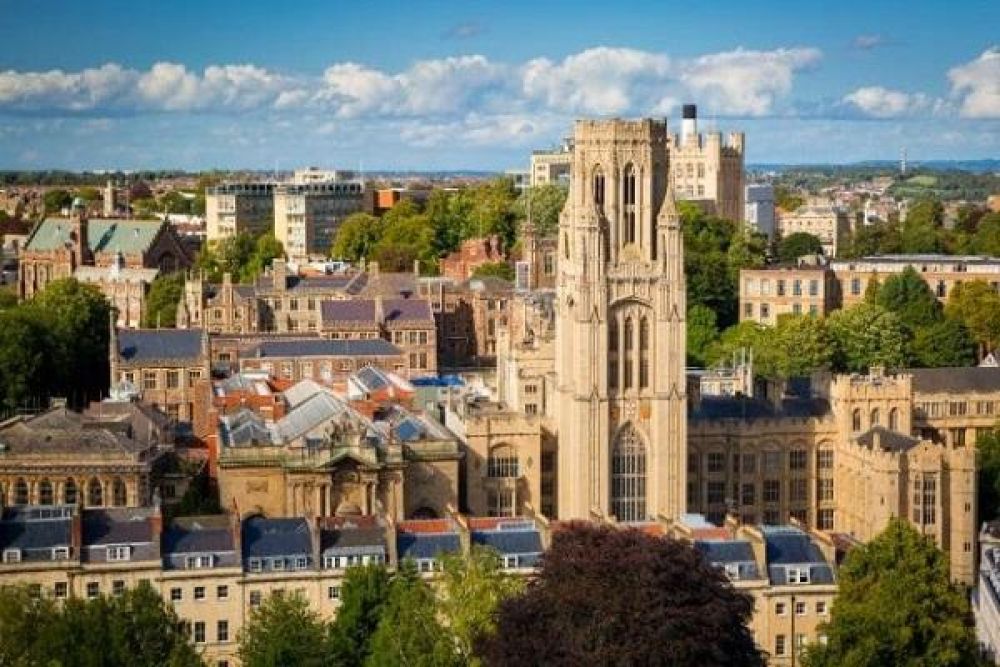

Bristol, a city with a rich and varied history, has long been a center for culture, commerce, and education. Tourism in Bristol can be traced back to its historical significance as a port during the era of the Great Western Railway and the Industrial Revolution. The city has always attracted visitors due to its maritime history, engineering landmarks, and cultural festivals.
The history of tourism in Bristol is closely linked to its maritime heritage. The historic docks at Bristol Harbour were once a bustling center for trade and travel, with ships departing for and arriving from all over the world. Today, this area, now known as the Harbourside, has been revitalized and serves as a central tourist attraction, featuring museums like M Shed and the SS Great Britain, the world's first great ocean liner, designed by Isambard Kingdom Brunel. The restoration of the SS Great Britain in the 1970s marked a pivot towards preserving Bristol's heritage for both educational purposes and tourism.
The city’s dynamic cultural scene has also been a key driver of tourism. Bristol is renowned for its vibrant arts, music, and entertainment scene. Events like the Bristol International Balloon Fiesta, attracting visitors since the 1970s with its colorful displays of hot air balloons, and the annual Bristol Harbour Festival continue to pull large crowds. The city's street art – with the mysterious graffiti artist Banksy calling Bristol his home – provides an alternative tourist attraction, blending art with urban exploration.
Bristol's engineering landmarks, including the iconic Clifton Suspension Bridge, have drawn tourists for decades. Opened in 1864 and also designed by Brunel, the bridge is a testament to Bristol's industrial past and continues to be a symbol of the city, offering breathtaking views over the Avon Gorge and attracting visitors from across the globe.
In recent years, Bristol's tourism industry has seen a shift towards sustainable and experiential travel. There is a growing preference for eco-friendly accommodations and tours that offer authentic local experiences. The city's commitment to sustainability can be seen in initiatives such as the Bristol Green Capital, which has only served to boost its appeal to the environmentally conscious traveler.
Bristol's food scene is also becoming a significant draw, with a focus on locally-sourced and organic produce, artisanal goods, and innovative dining experiences. This aligns with the global trend of culinary tourism, where travelers are looking to explore destinations through their gastronomic offerings.
Overall, Bristol continues to be a popular destination for tourists who are attracted to its unique blend of history, culture, and innovation. From its historic roots as a significant English port to its current status as a buzzing, modern city, Bristol has continually adapted, ensuring its place on the tourism map for years to come.